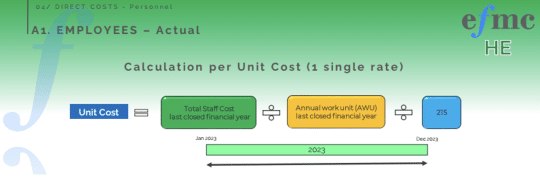According to the Danish Agency for Science and Higher Education, there are numerous factors that can affect the evaluation of your H2020 in a negative fashion. The European Commission relies on external expert evaluators who according to this study just over 30% spend less than two hours actually reading your proposal.
Common factors that evaluators consider in a poor light as regards to H2020 Proposals submitted include:
- 82% – viewing verbose language as an issue – over-complicated language ≠ high quality. Keep it simple!
- 71% – see a poor standard of English as a problem – keep it uniform; different styles of English also can make a proposal very heavy to read!
- 70% – report unexplained abbreviations as a negative– do not assume your expert evaluator knows your research proposal topic inside out!
- 25% – indicate spelling errors as an issue – seems basic but obviously important!

In essence, the takeaway from this study is very clear – that it’s a delicate balancing act and a significant challenge for the majority of researchers to write effective winning H2020 proposals in so-called “Brussels English”. It demonstrates the evident need to walk your evaluator through your proposal step by step, explaining acronyms, covering the technical aspects adequately and at the same time communicating the “impact” and “ambition” in an understandable manner. The underlying message is also clear – that otherwise scientifically sound H2020 proposals are not being funded by the European Commission due to these issues.
If you wish to avoid these mistakes and shortcomings that could prejudice your H2020 proposal then check out our unique H2020 Proposal Writing Support & H2020 Final Proposal Review Services HERE.
📧 Mail us at EFMC: info@efmc.eu for any questions related to your EU projects.
🎥 Register for our upcoming Online H2020 trainings
[1] Pg.13: https://www.gransking.fo/media/3043/evaluations-and-evaluators-in-horizon-2020.pdf




